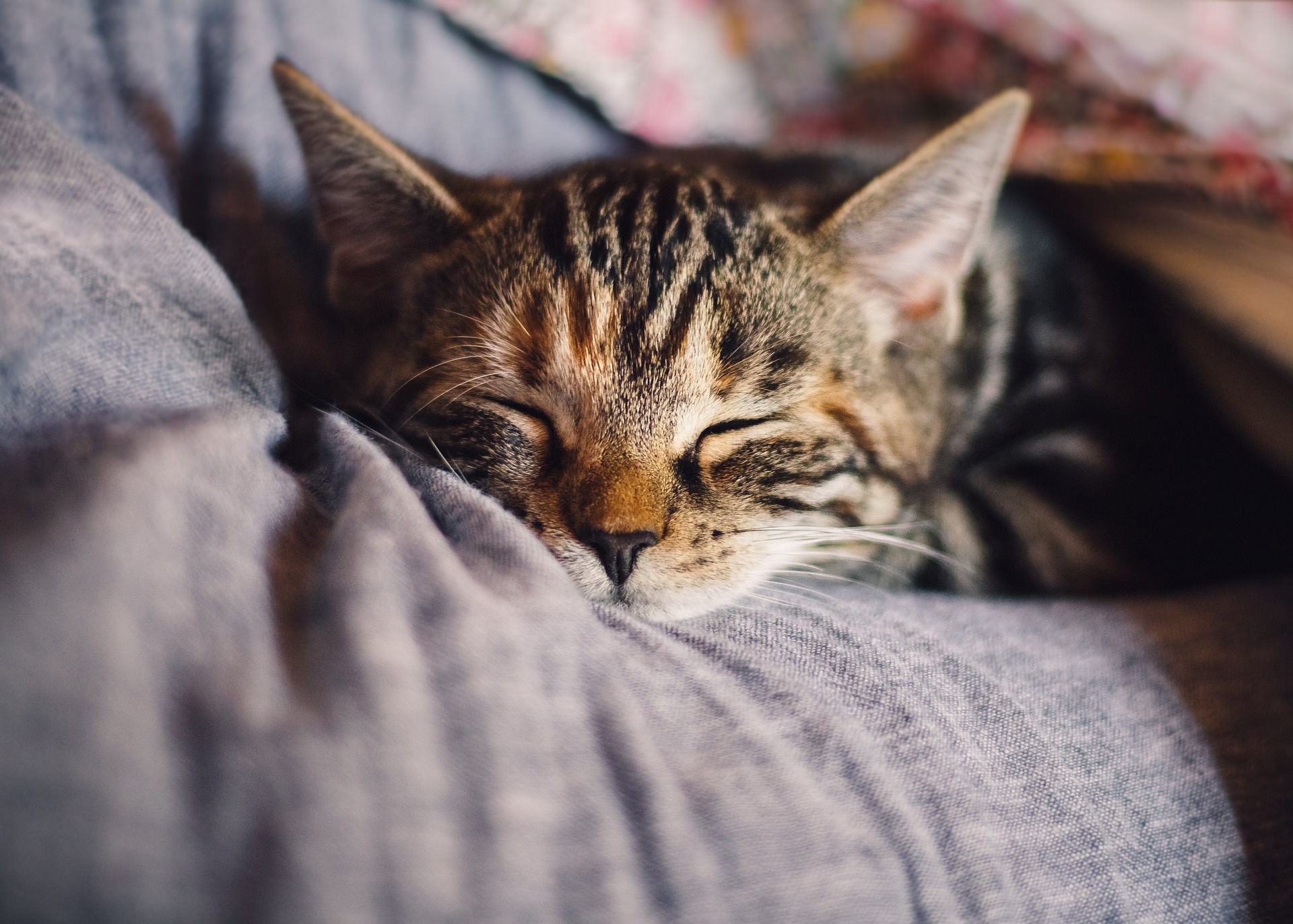Sleep. Roughly a third of our human lifetimes are spent sleeping. It goes without saying that sleep is among the most vital of all our biological needs; it is sadly a hard truth that student life is plagued by deprivation of this most fundamental and vital life function.
Who among us can say they have not embarked on that dreaded, yet inevitable, essay deadline all-nighter? Who hasn’t decided to burn the candle on both ends to experience the ecstasy of our wild nights of youth? Needless to say, student life has always been on uneasy terms with sleep.
While the reasons may seem obvious, I think it’s still important to ask: why?
There’s a rule of thumb you might have heard if you’ve engaged with any of the University’s pastoral services: “8-8-8″: eight hours study, eight hours leisure/socialisation and eight hours of sleep”.
While the rule may itself be controversial as an attempt to accurately capture the nature and realities of how we should spend our student life, it certainly captures the rough balance of the importance of the three areas of student life that we spend our time on.
While we may struggle to spend enough time socialising or studying, we as students will struggle even more so to achieve that final ‘8’. On the surface, this problem seems bizarre and almost paradoxical: of all these areas of activity, why is sleep the hardest?
While study is a noble pursuit, it is no mystery why intensive mental labour is something that is hard to maintain on a daily basis. Equally so, there is a mental health crisis worldwide and especially in Britain, so it is understandable that many of us will struggle to maintain healthy socialisation and relaxation habits. But sleep? Sleep is essentially a non-activity! In fact, sleep is by its very nature the absence of any and all activities!
To bastardise an old buddhist paradox: Why is it so hard for a student to do nothing!
The solution and nature of the problem seem obvious to me. Students can’t prioritise.
I don’t say this to deride students to the tune of ‘Kids these days don’t know how to sleep’. I mean quite literally and precisely students are unable to prioritise sleep for that same paradoxical reason which should make it easy to do so.
Sleeping is doing nothing.
So it becomes impossible to schedule “do nothing” on our phones, setting an alarm at 3pm to “do nothing” is equally fruitless. Where do you do nothing? Home? But you can’t be home most of the day, you must study and socialise. At the library? Well the desks would be uncomfortable, to put it lightly, and sleeping on the sofa seems quite sad.
What if you meet someone you know on your way to do nothing? What if they see you asleep on the library sofas!? How do you explain it? “I’m taking a nap”? Well sure, but you and I both know that sleeping on your arm in Morrell’s reception area will do little more than freak out the freshers (no offence if you’re reading this freshers).
We don’t aim at sleep, either as leisure or as work. We only view it as some heavenly privilege which, when all is said and done, rains down upon us like manna from the heavens after we’re relieved of our duties like night watchmen being relieved of their posts as the dawn breaks.
Well? Why not schedule time to sleep? Why not aim towards sleep? Here’s the idea: Sleep Society. A dedicated group meeting at convenient, to be determined, time slots, to relieve sleep deprived students of their eternal burden.
We would meet, chat, drink some tea or hot chocolate (if that’s the kind of thing you find helps you relax) and then, of course, we would sleep for some not insignificant period of time.
